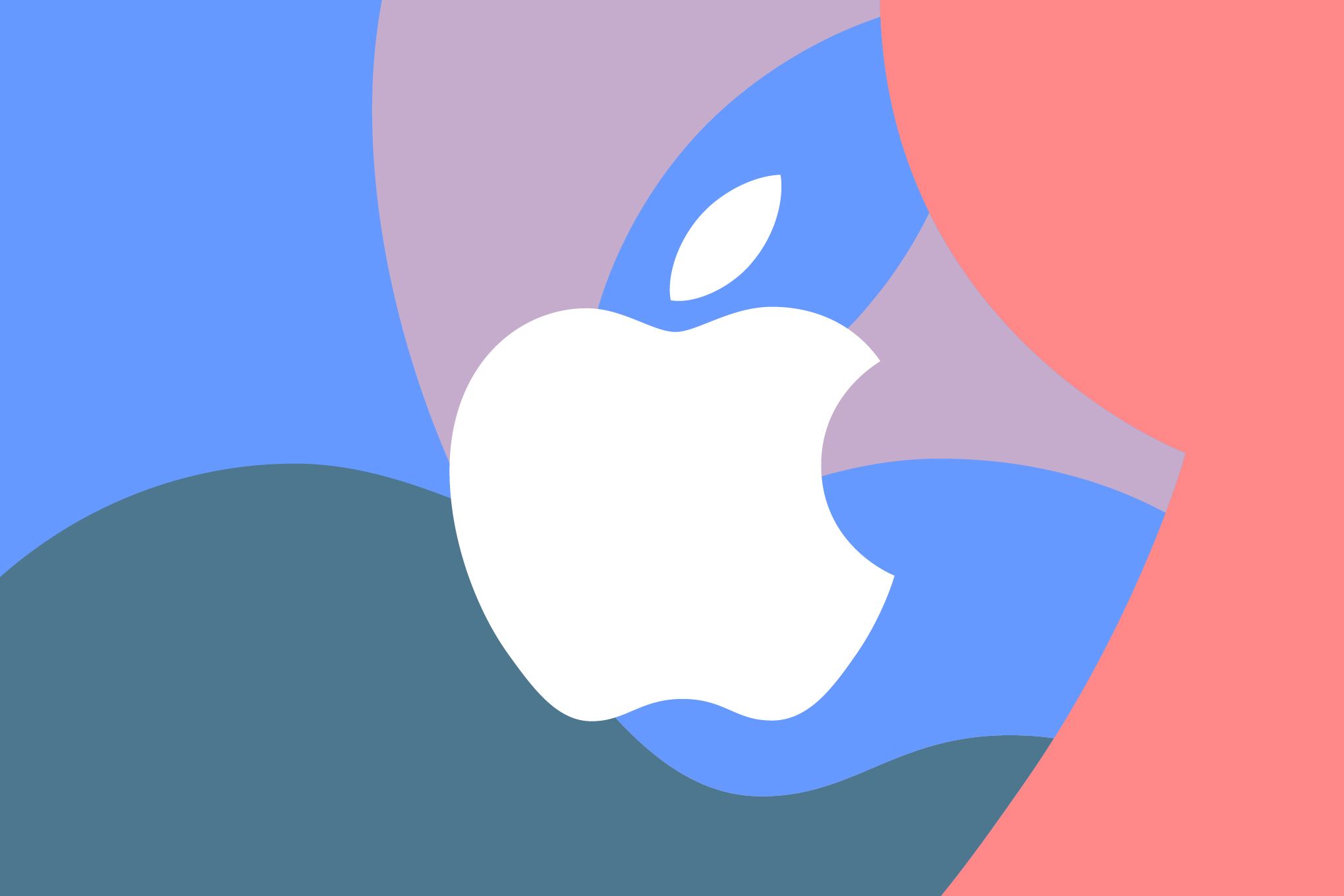The tech antitrust renaissance that promised to "Break Up Big Tech" may have just hit its breaking point. Judge Amit Mehta delivered a stunning blow to enforcement advocates Tuesday, rejecting the Justice Department's most aggressive remedies against Google's search monopoly and allowing the company to keep its Chrome browser and lucrative default search deals intact. The ruling sent Google's stock soaring 9% and signals that breaking up Big Tech may be far harder than Washington promised.
The moment that defined the end of an era came not with a bang, but with a cautious judicial whisper. Judge Amit Mehta, the same federal judge who declared Google an illegal monopolist just a year ago, delivered a remedies ruling Tuesday that felt more like a corporate settlement than the tech industry reckoning Washington had promised. The "Break Up Big Tech" rallying cry that echoed through campaign rallies and congressional hearings for six years just met its match in a 230-page judicial retreat. Google's stock price told the real story, surging 9% as investors celebrated the company avoiding its worst-case scenario. The search giant gets to keep Chrome, maintain its default search deals with Apple and Mozilla, and emerge from the landmark case with little more than modified data-sharing requirements. "Imposing liability in name only is pure judicial cowardice," American Economic Liberties Project executive director Nidhi Hegde said in a scathing statement that captured the frustration rippling through enforcement circles. The ruling represents the first major test of whether courts would actually follow through on breaking up Big Tech after finding monopoly violations. The answer appears to be a resounding no. Mehta's cautious approach sends a clear message to every tech titan facing antitrust scrutiny: survive the liability phase, and the remedies phase might save you from meaningful change. The judge's reasoning reveals how the rapid pace of tech innovation creates convenient escape hatches for monopolists. Mehta pointed to the explosion in generative AI as justification for backing away from harsher remedies, arguing that AI startups might naturally disrupt Google's search dominance. The irony wasn't lost on critics who noted that Google itself leads in AI development through its Gemini models. "Well-funded generative AI startups are finally showing signs that they might disrupt the market for internet search," Mehta wrote, despite the fact that Google has poured billions into ensuring it maintains AI leadership. The ruling's ripple effects extend far beyond Google. Apple and Mozilla both breathed sighs of relief, retaining their multibillion-dollar search revenue deals. Mozilla's interim CEO Laura Chambers called the decision "encouraging," noting it protected "not just browsers like Firefox, but for the future of the open web." During the remedies trial, Mozilla executives had warned that losing Google's payments would be existential for Firefox, while 's Eddy Cue similarly framed the revenue loss as purely harmful to his company. The broader implications reach every pending Big Tech case. , , and all face their own monopoly challenges, but Mehta's precedent suggests that even clear liability findings may not translate to structural changes. DOJ antitrust chief Gail Slater attempted to frame the ruling as a victory, proclaiming that "Under President Trump's leadership, the Justice Department is Making America Competitive Again." But her comments felt more like damage control than celebration, acknowledging that the DOJ would "continue to review the opinion to consider the Department's options and next steps." The disconnect between enforcement rhetoric and judicial reality became stark when compared to Wall Street's reaction. While government officials spoke of restored competition, investors clearly saw a green light for continued consolidation. The tech industry's collective exhale was audible across Silicon Valley. Even advocacy groups that spent years building the case for Big Tech breakups now find themselves grappling with a system that appears structurally resistant to major change. Open Markets Institute's Barry Lynn captured the frustration: Mehta's ruling "lets Google and every other monopolist know that even the most egregious violation of law will be met with a slap on the wrist." The ruling leaves one more chance at meaningful action in Google's separate ad tech case, where a Virginia judge will soon consider remedies for another monopoly finding. But if Mehta's approach becomes the template, even that case may disappoint enforcement advocates. Lawmakers including Senator Elizabeth Warren are already calling for appeals and renewed congressional action, but the legislative path that "eventually petered out" years ago looks no more promising today. The tech antitrust renaissance that began with such promise in Washington may have just revealed its fatal flaw: a system designed for incremental change confronting industries built for exponential disruption.

